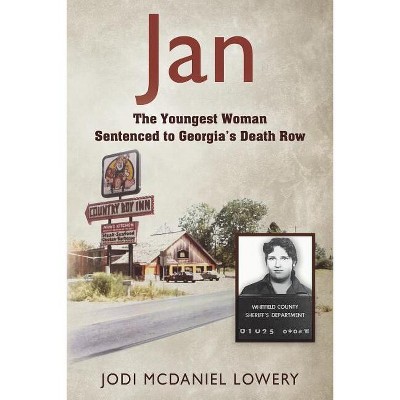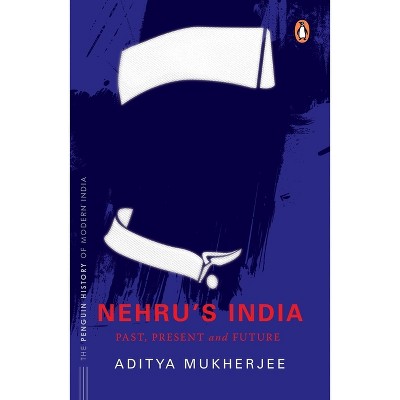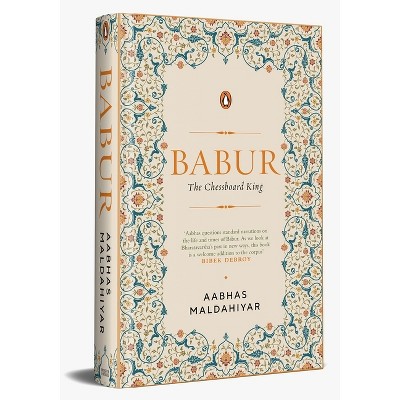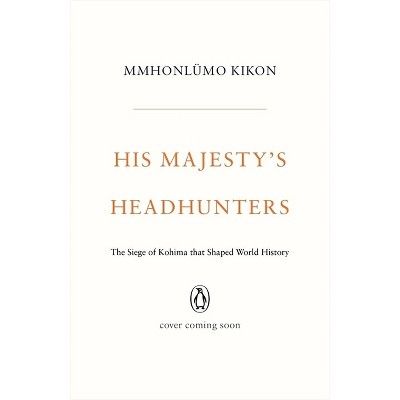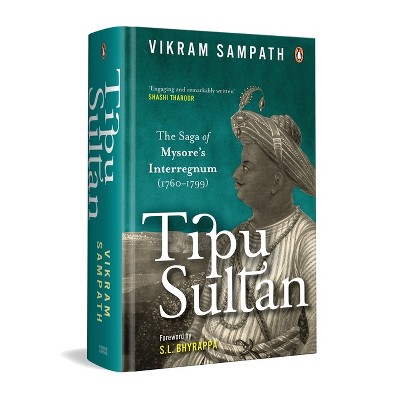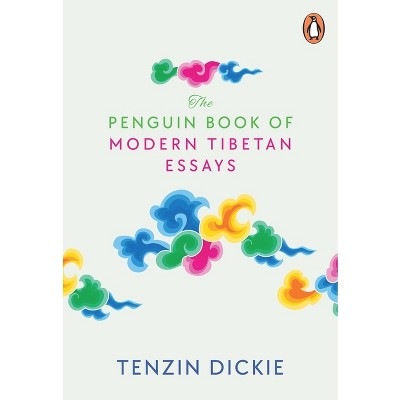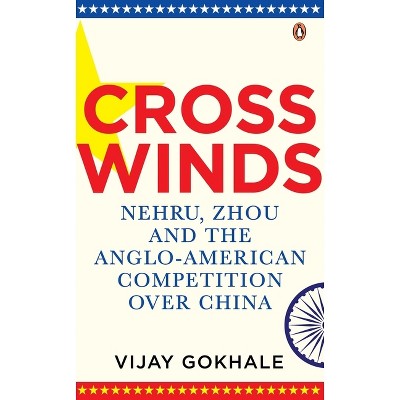Sponsored

Nalanda - by Abhay K (Hardcover)
In Stock
Sponsored
About this item
Highlights
- Much about Nalanda remains shrouded in mystery.
- About the Author: Abhay K. is the author of a dozen poetry books, including, Celestial, Stray Poems, Monsoon, The Magic of Madagascar and The Alphabets of Latin America and is the editor of The Book of Bihari Literature, The Bloomsbury Book of Great Indian Love Poems, Capitals, New Brazilian Poems and The Bloomsbury Anthology of Great Indian Poems.
- 288 Pages
- History, Asia
Description
Book Synopsis
Much about Nalanda remains shrouded in mystery. When was it founded? Who founded it? Who studied and taught there? What subjects were offered? How many students and teachers were there? Was Nalanda a university in the modern sense? And what ultimately led to its downfall? Nalanda by Abhay K. unravels these questions, telling the story of the rise, fall, and re-rise of Nalanda Mahavihara. Through extensive research, the book explores Nalanda's contributions in fields such as science, mathematics, philosophy, art, architecture, and poetry. It also highlights the great luminaries who elevated its unparalleled reputation as the preeminent seat of knowledge, as well as the foreign scholars who visited the celebrated monastery.
Broad in sweep and deep in history, Nalanda is a thrilling read that sheds new light on Nalanda and its journey over millennia.Review Quotes
Abhay K has written a wonderfully accessible introduction to early India's most important centre of philosophy and learning, the great monastery-university of Nalanda. Setting his story within a seductively-sketched panorama of the golden age of early Buddhism, Abhay celebrates Nalanda's dazzling libraries, scholars, teachings, doctrines and finally, its global influence. Sympathetic, scholarly and poetic, Abhay K's Nalanda fills an important gap and deserves to be widely read.--William Dalrymple
Abhay K's evocative telling brings the layered history of Nalanda to life. The hallowed centre of learning for over a millennium, the Mahavihara first nurtured the idea of the university, and left an indelible imprint on global thought.--Namita Gokhale, Writer and Festival Director, Jaipur Literature Festival
Even as he resurrects Nalanda from the embers of history, Abhay K. does not simply eulogise it; instead, he transforms this wellspring of scholastic endeavour into an emblem of humankind's quest for knowledge. In my view, Abhay K.'s Nalanda, stunning and scholarly, is an outstanding starting point.--Shashi Tharoor, Writer and Member of Parliament
For 700 years, Nalanda was considered the greatest university globally. Attracting students and grants from around the world, it would have been the envy of a modern Ivy League. In his simple and readable style, Abhay K. puts together what is known about this remarkable institution from a range of sources.--Sanjiv Sanyal, Writer and Economist
Son of the soil, Abhay K., tells the story of Nalanda Mahavihara's revered scholars, groundbreaking philosophies, and the vibrant life within the world's first residential university. He traces how it shaped the intellectual landscape of its era, influencing generations of thinkers and spiritual leaders.--Rana Safvi, Writer and historian
About the Author
Abhay K. is the author of a dozen poetry books, including, Celestial, Stray Poems, Monsoon, The Magic of Madagascar and The Alphabets of Latin America and is the editor of The Book of Bihari Literature, The Bloomsbury Book of Great Indian Love Poems, Capitals, New Brazilian Poems and The Bloomsbury Anthology of Great Indian Poems.
His poems have appeared in over a hundred literary magazines, including Poetry Salzburg Review and Asia Literary Review. His 'Earth Anthem' has been translated into over 160 languages. He received the SAARC Literary Award (2013) and was invited to record his poems at the Library of Congress, Washington, D.C., in 2018. His translations of Kalidasa's Meghaduta and Ritusamhara from Sanskrit won him the KLF Poetry Book of the Year Award (2020-21). His translation of Magahi novel Fool Bahadur has been published by Penguin Random House, India. His paintings on the Buddhist philosophy of 'Sunyata' have been exhibited at Bihar Museum, Patna.
Shipping details
Return details
Frequently bought together





